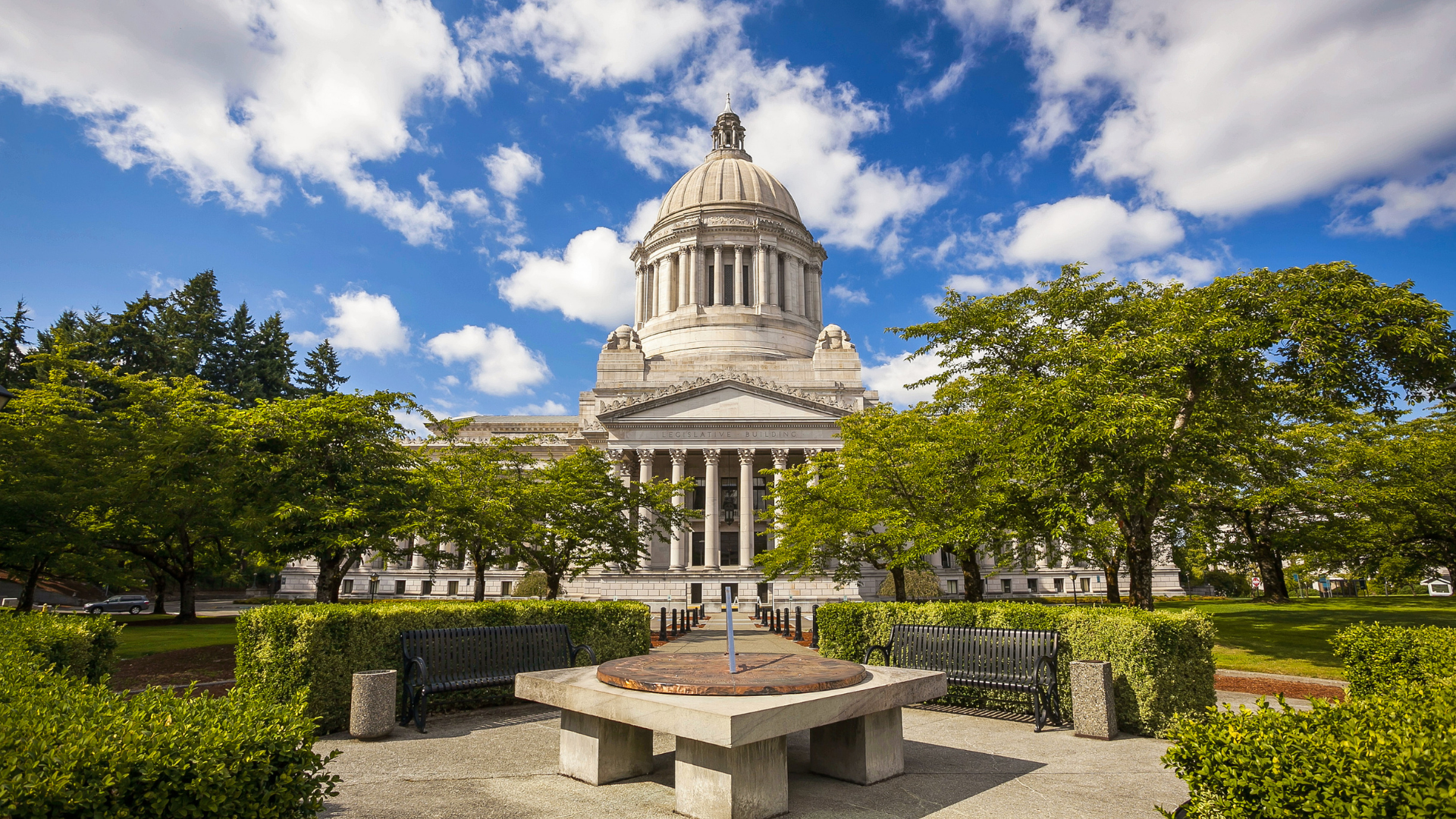
Legislative Advocacy
At the Greater Vancouver Chamber, we serve as the voice of business at every level of government - local, state, and federal. We champion practical, business-friendly policies that support economic growth, job creation, and a thriving community.
A Unified Voice for Business
At the tables where it matters, the Chamber brings your voice!
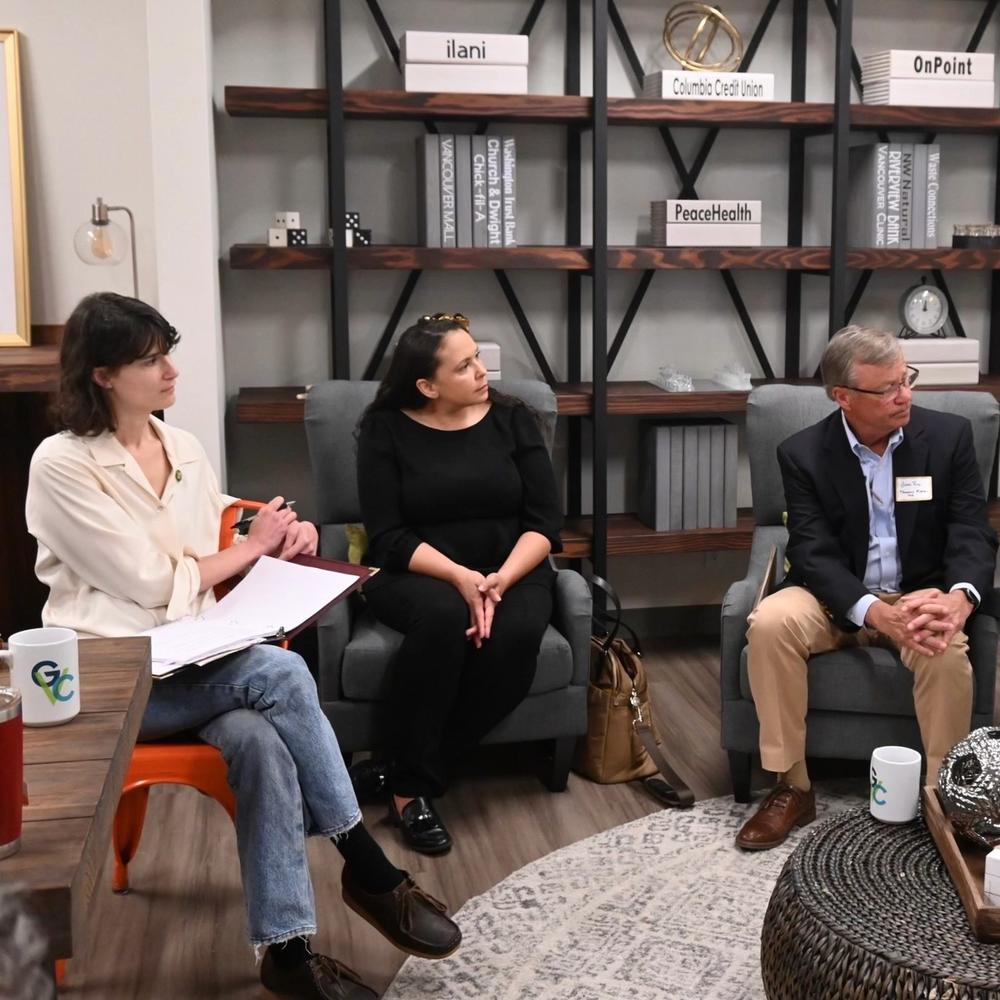
Access to Lawmakers
Our members gain exclusive opportunities to engage with legislators right here at the Chamber office through issue-focused roundtables.
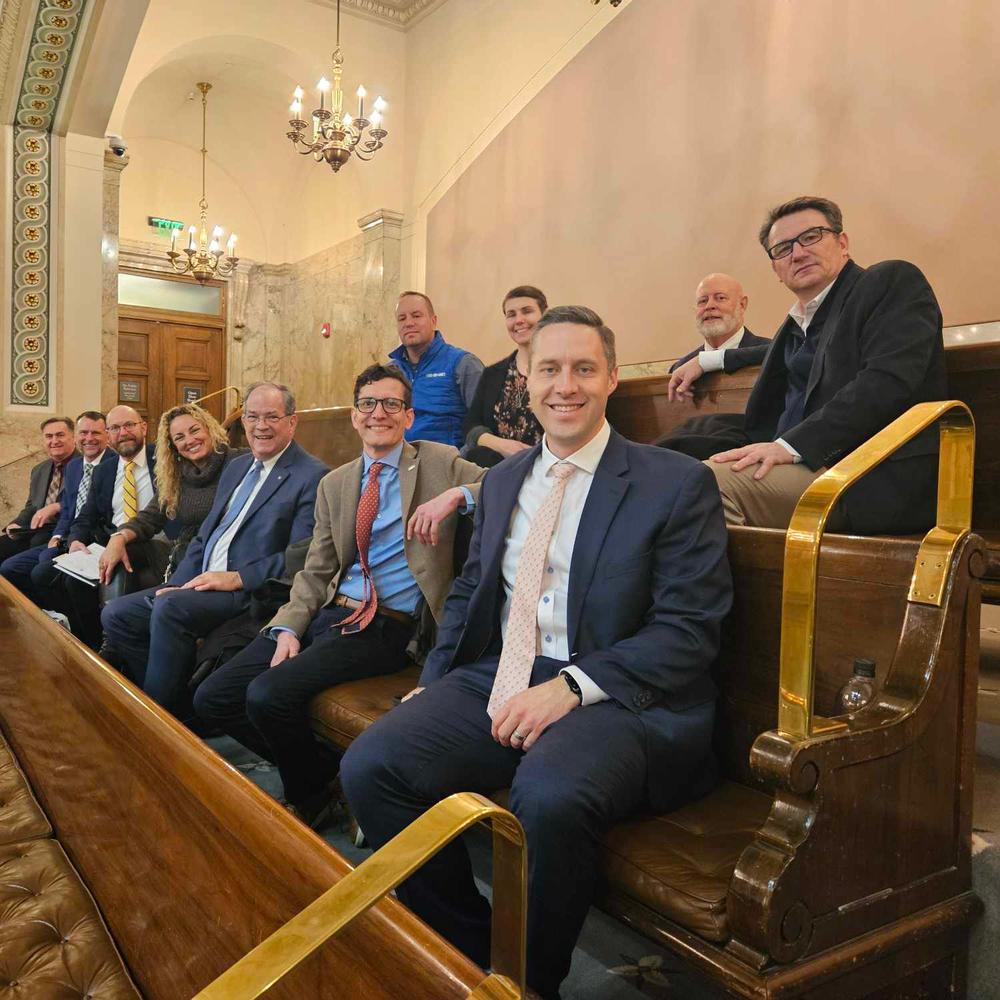
Capitol Hill Presence
Each year, the GVC's Board of Directors and Government & Public Affairs Committee travel to Olympia to advocate for our region’s Joint Business Priorities.
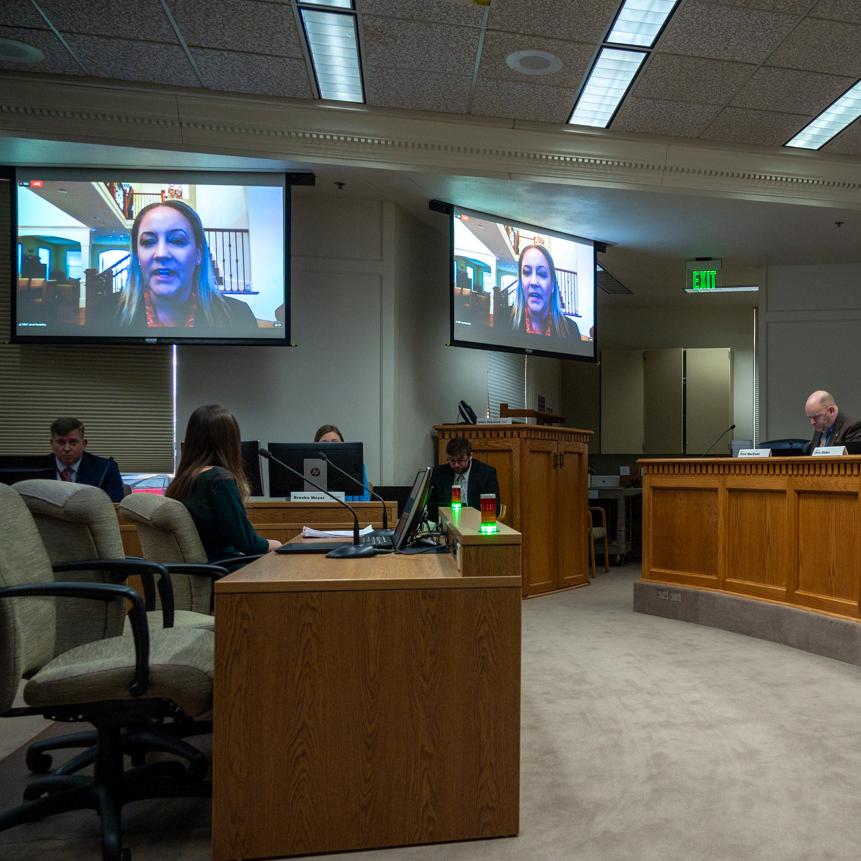
Advocacy in Action
We actively testify at public hearings, championing policies that support businesses and nonprofits across Southwest Washington.
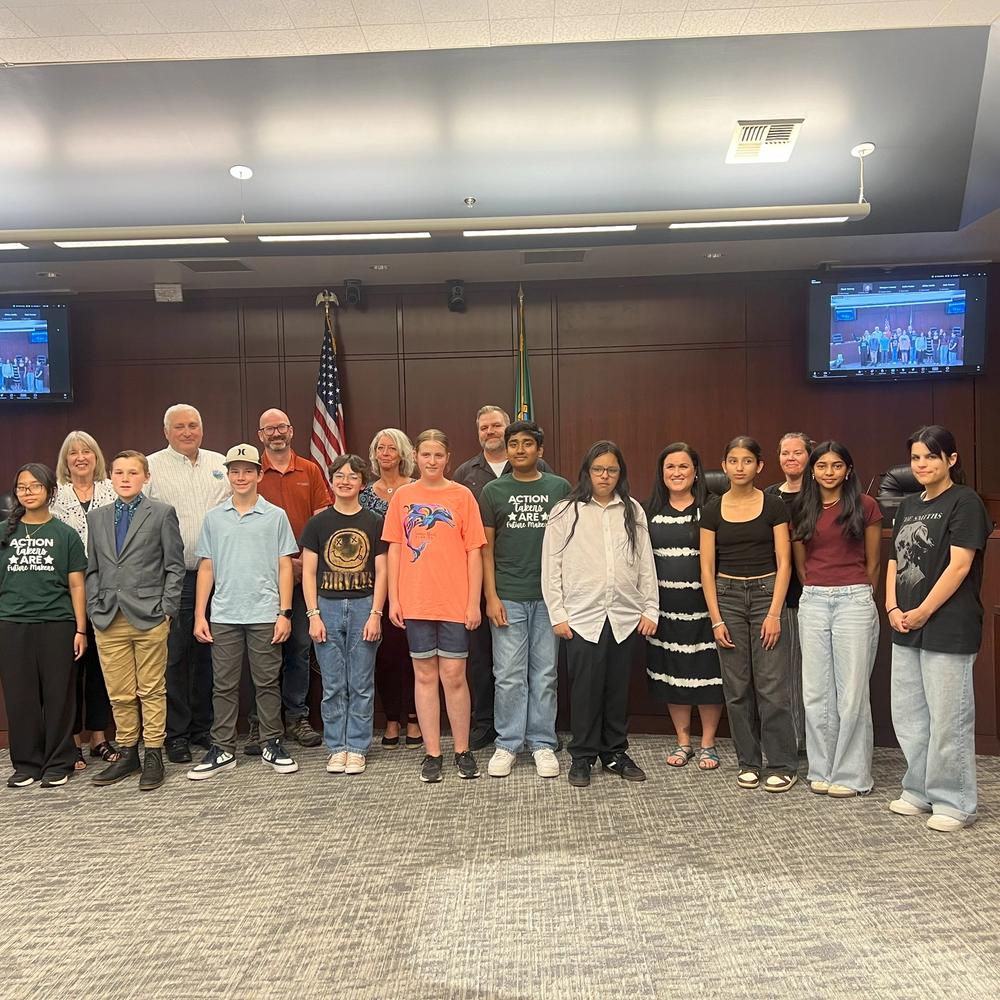
Civic Engagement
Through the Civics Bee, students become more informed, engaged citizens - stepping confidently into public spaces and learning how to make their voices heard.
Current GVC Legislative Priorities
The Greater Vancouver Chamber's (GVC) Board of Directors approved the following list of Legislative Priorities for the 2026 legislative session:
Transportation and Infrastructure
- Support replacement of the I-5 bridge and improvements to the influence area.
- Protect Lower Snake River Dams with a focus on barging and river commerce, navigation, flood control and hydroelectric energy generation.
- Support funding for maintenance of the Lower Columbia River shipping channel allowing for continued deep draft shipping to the Port of Vancouver USA.
- Support policies presented through the Clark County Transportation Alliance, including safety, maintenance, preservation and regionally significant projects.
- Among our top priorities:
- West Camas Slough Bridge Widening
- Rail overpass at 32nd St in Washougal
- Fruit Valley Freight Access and Safety Improvements (NW 32nd Ave)
- I-5 South Connector/I-5 to Hillhurst Rd planning funds
- Adequately fund WSDOT Southwest Region for system maintenance and preservation
- Among our top priorities:
- Continue to fund Freight Mobility Strategic Investment Board (FMSIB) for freight needs.
- Protect Tax Increment Financing (TIF) as a tool for funding infrastructure projects.
- Protect and maintain public transit funding as an integral part of the region’s multimodal transportation system.
- Support Clark PUD’s Transportation Electrification Plan and advocate for adequate state funding to implement plan.
Social Justice
Work with a nonprofit partner to endorse a bill that supports at least one of the chamber’s social justice policy areas.
Houselessness and Housing:
- Support approaches to provide shelter for the houseless in a manner which addresses potential unintended consequences on businesses
- Support incentives to assist communities in the build out of middle-income housing
- Support investment to state’s affordable housing fund
- Support funding housing services (Document recording fee attached to home sales that goes to fund this is lower, due to lower home sales.)
- Support Workforce stabilization by investing in frontline workers and nonprofits that provide services for housing and houselessness
Behavioral Health:
- Support community college funding to increase the behavioral health workforce
Childcare:
- Support increased access to childcare, including reassessment of state childcare regulations.
Economic Development
- Enhance access and affordability of childcare in Washington.
- Support funding for a study of the feasibility of a permanent state public safety training center, here in SW Washington.
- Continue to improve predictability, capital facilities planning, and timeliness for new development, ensure access to employment lands.
- Support mechanisms to create more housing, through the development of public-private partnerships (ie, Cities, VHA, Ports, Dept. of Commerce, private developers etc.)
- Improve workforce readiness across industries
- Ensure balanced, diversified and economically sustainable energy policy and protect Columbia and Snake Rivers hydropower systems/navigation corridors.
Environment & Climate
- Provide businesses with clear information, tools, and resources to navigate environmental regulations and access state and federal funding.
- Promote a balanced and reliable energy mix that reduces carbon intensity while ensuring capacity to meet regional demand and policy goals, and support business retention, growth, and investment.
- Help businesses understand and comply with key sustainability standards, including the Clean Energy Transformation Act, Clean Buildings Performance Standard, and the Transportation Clean Fuel Standard.
- Foster a supportive business environment by communicating the practical impacts of regulations and taxes to policymakers, ensuring decisions consider both sustainability and economic vitality.
Education and Workforce Development
1. Strengthen the Education–Workforce Pipeline
We support policies and investments that connect students, educators, and employers to ensure our region’s future talent is job-ready.
- Support programs that align educators and employers with workforce needs
- Continue work to align CTE credit for STEM classes
- Establish parity between Running Start and CTE students to create clear career pathways
- Support capital funding for Skills Centers to meet expansion and maintenance needs (e.g., Cascadia Tech’s 100 Building)
- Prioritize funding for Career Connect Washington Learning Coordinators embedded in regional ESDs.
- Restore funding for Core Plus construction, advanced manufacturing, and maritime grants that expand training programs to high schools and Skills Centers.
2. Expand Access and Equity in Workforce Development
We advocate for equitable opportunities for all community members to participate in—and benefit from—the local economy.
- Grow apprenticeship capacity through accredited employer, union, or association programs and the AWB Workforce Portal
- Restore funding for wraparound support services that mitigate barriers to beginning or participating in state registered apprenticeship programs.
- Reform regulations and simplify licensing steps so more employers can provide work-based learning—particularly for employees under age 18
- Support career ladders for ESL immigrants working legally in Washington, and streamline credential transfer
- Support funding for Special Education to ensure inclusive education outcomes
- Create equitable pathways to the trades through expanded access and program support for both unionized and non-unionized workers and employers
3. Invest in Strategic Projects and Regional Capacity
We promote initiatives that prepare our workforce and infrastructure for major regional needs and opportunities.
- Support funding and development of workforce programs to staff the I-5 Bridge Replacement Project
- Support creation of a Civilian Conservation Job Corps Center in Southwest Washington
Keeping Us Moving Forward
Each year, we present the Southwest Washington Business Community’s Joint Priorities—an annual collaboration between the Chamber, the Columbia River Economic Development Council (CREDC), and Identity Clark County (ICC). These priorities reflect our collective commitment to driving regional progress, addressing pressing business needs, and identifying new opportunities for growth and innovation.

STAY INFORMED
Legislative Events
These events aren’t just for policy experts or business leaders—it’s for anyone interested in understanding how Olympia’s decisions affect our community. Hear directly from legislators representing the 17th, 18th, 20th, and 49th districts as they break down the outcomes of the most recent legislative session and share the key issues they’ll be championing moving forward.

Identify your District
Find your legislative or congressional district using your address and zip code
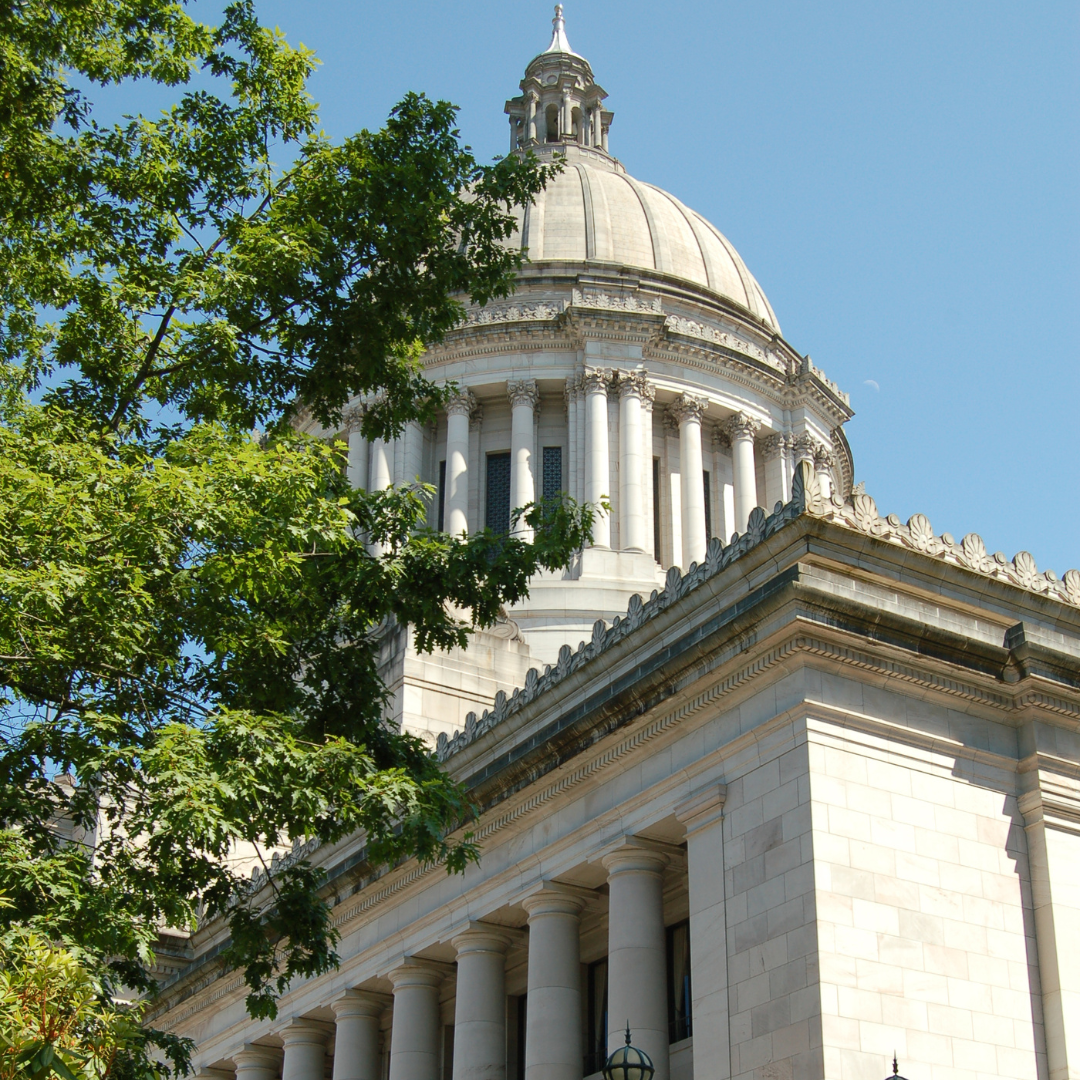
Plan Your Capitol Visit
Find maps, parking info, tour details, and more on the Capitol Campus website

How to Communicate with Your Policymakers
Your voice matters more than you think! Local policies directly impact your business - taxes, permits, regulations, and more. Lawmakers need to hear from business owners like you to make informed decisions. Without your input, policies may not reflect your reality. Speaking up helps shape a stronger business environment for everyone.
Tips for Effective Communication
- Be brief – Keep it short and to the point.
- Be appreciative – Acknowledge their past support or efforts.
- Be specific – Clearly state the issue and what you’re asking for.
- Be informative and factual – Support your position with credible information.
- Be courteous and polite – Make your request respectfully, without threats or demands.
- Be reasonable – Understand that compromise is often necessary.
- Be understanding – Consider their perspective and constraints.
- Be knowledgeable – Research the bill or issue thoroughly before reaching out.
Ways to Communicate
- Letters- Still one of the most respected forms of contact. Keep it clear and personal. Note that letters to federal officials may be delayed due to security protocols.
- Office Visits- Call ahead to schedule. Come prepared and informed. Consider going with peers who share your viewpoint. It’s also valuable to build relationships with staff, who play key roles.
- Telephone Calls- Keep it brief and focused on one issue. If referring to a bill, mention the bill number and your position. Explain how it affects your business or community.
- Email- Effective for time-sensitive issues. Keep it concise (one screen or less), and include your full contact information for a response.
City & County Leadership Directory
Meet Your Local Leaders: Explore city and county councilmember pages, get to know your mayor, and stay informed on the decisions shaping your business community
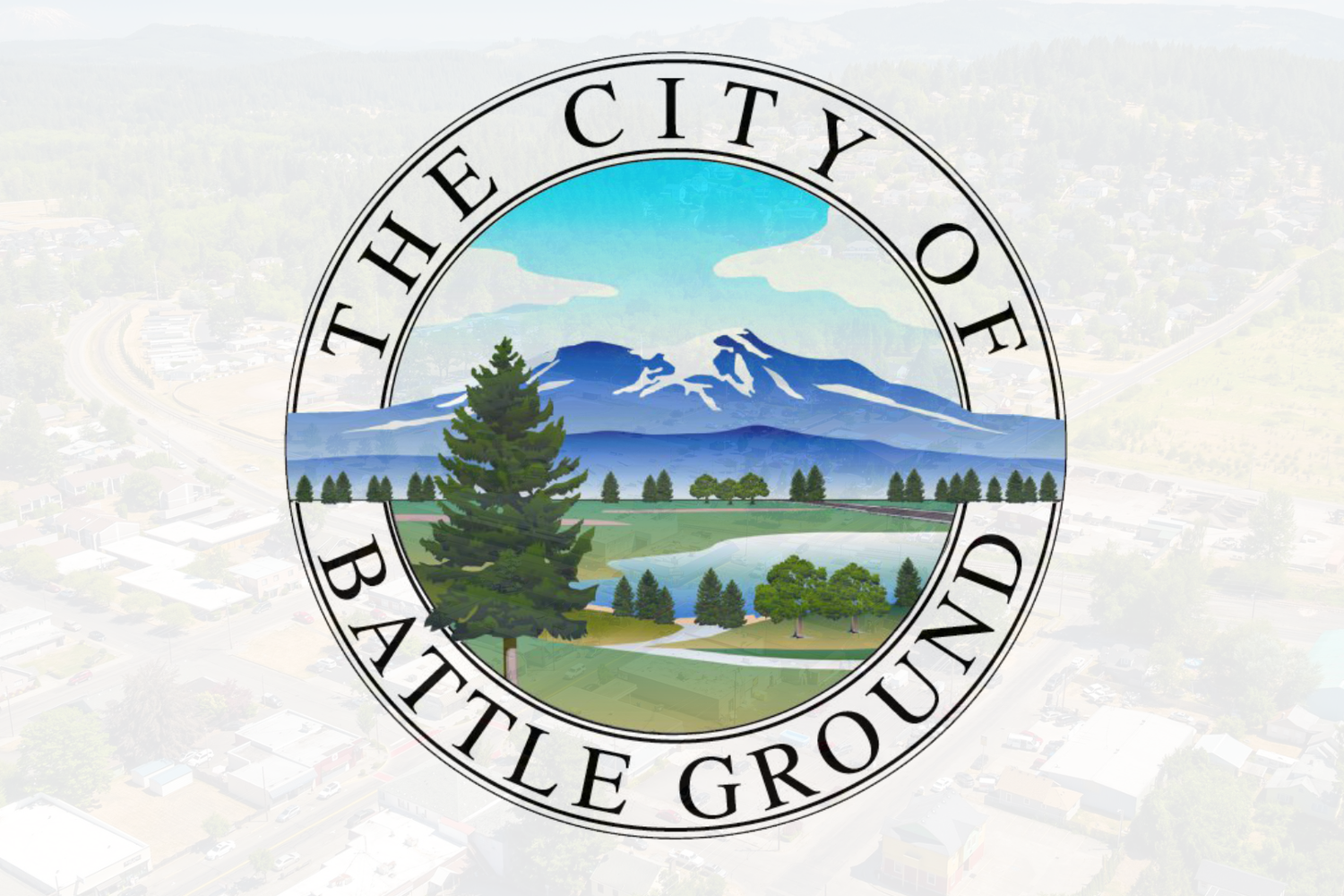
Mayor Eric Overholser
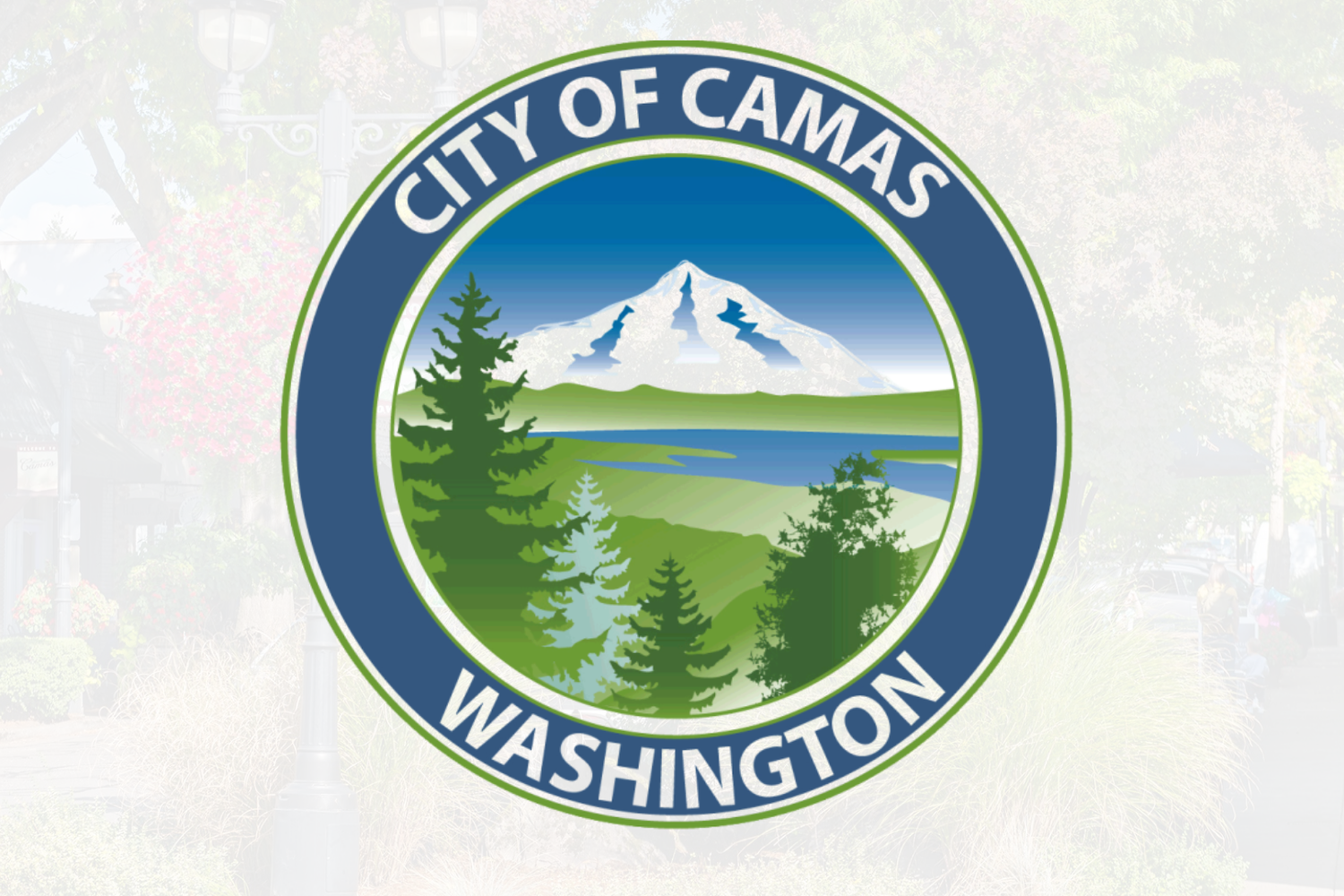
Mayor Steve Hogan
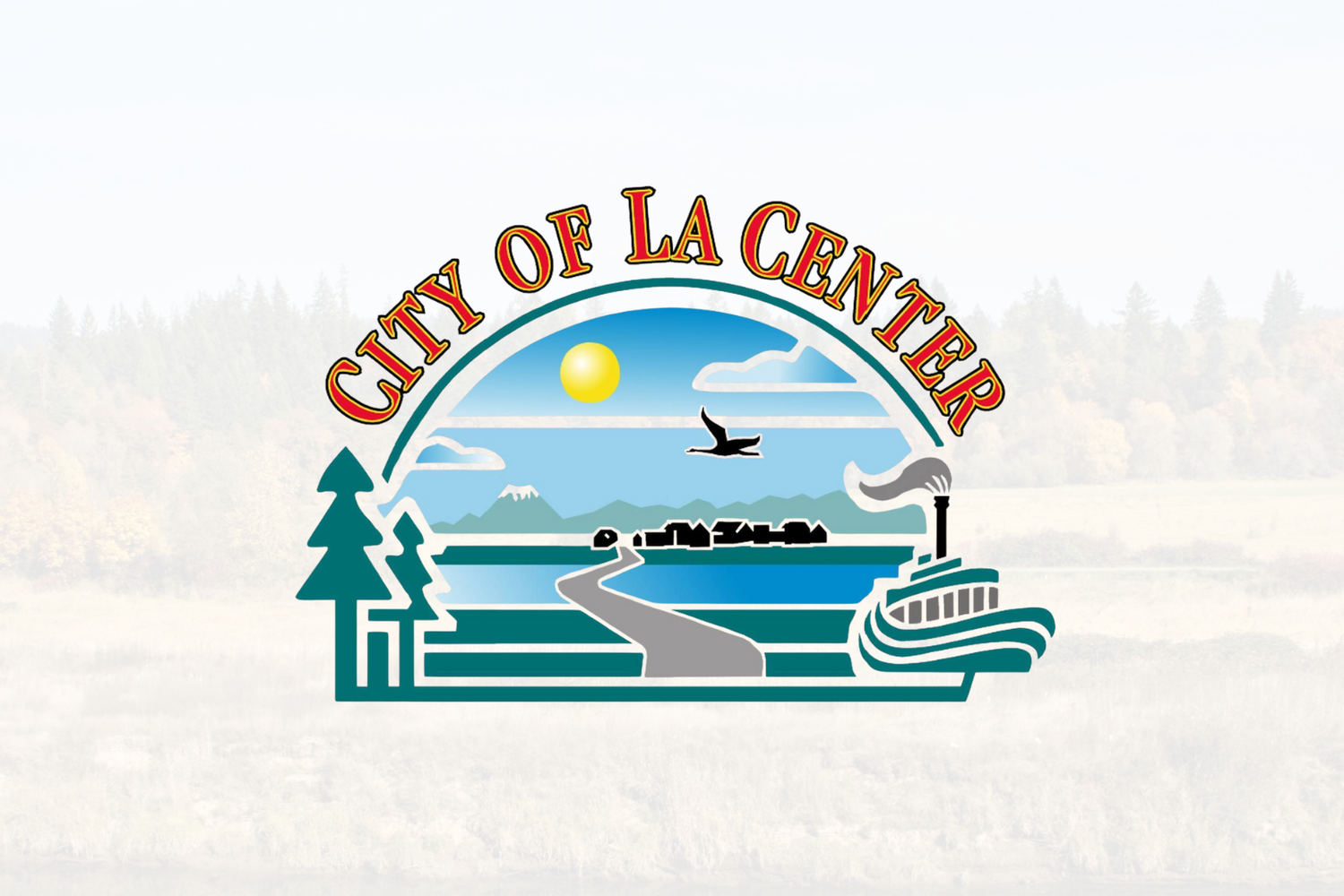
Mayor Thomas Strobehn
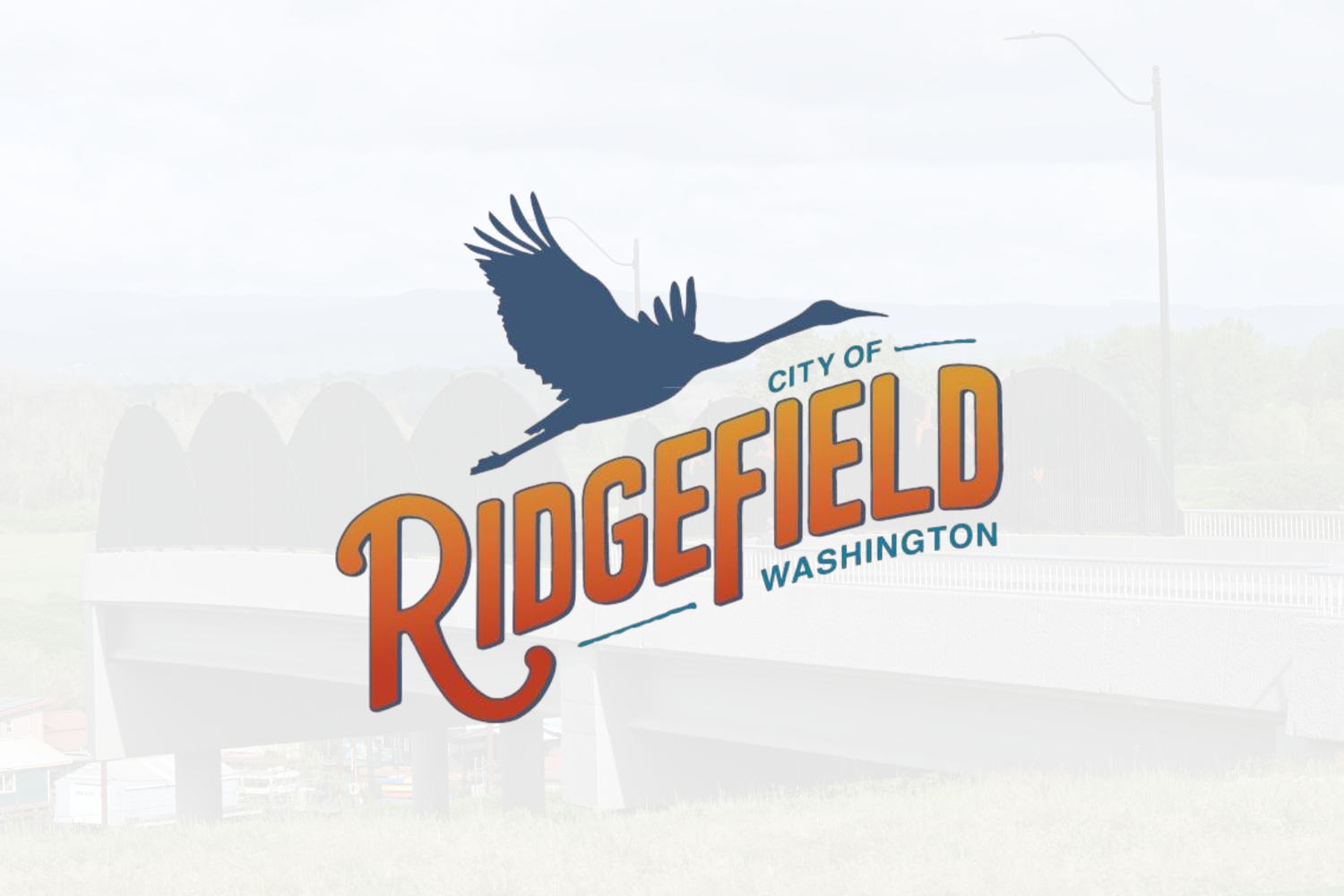
Mayor Matt Cole
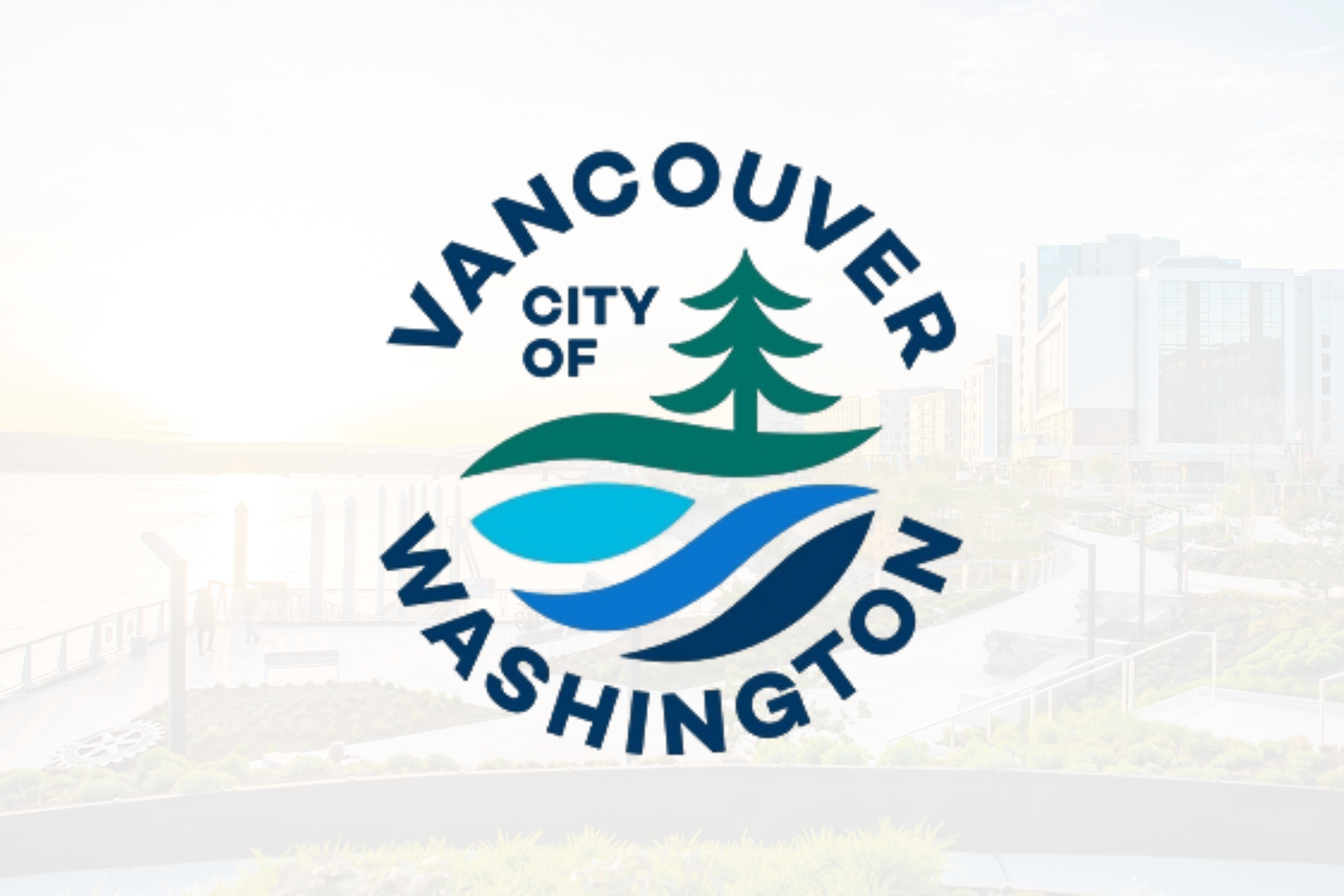
Mayor Anne McEnerny-Ogle
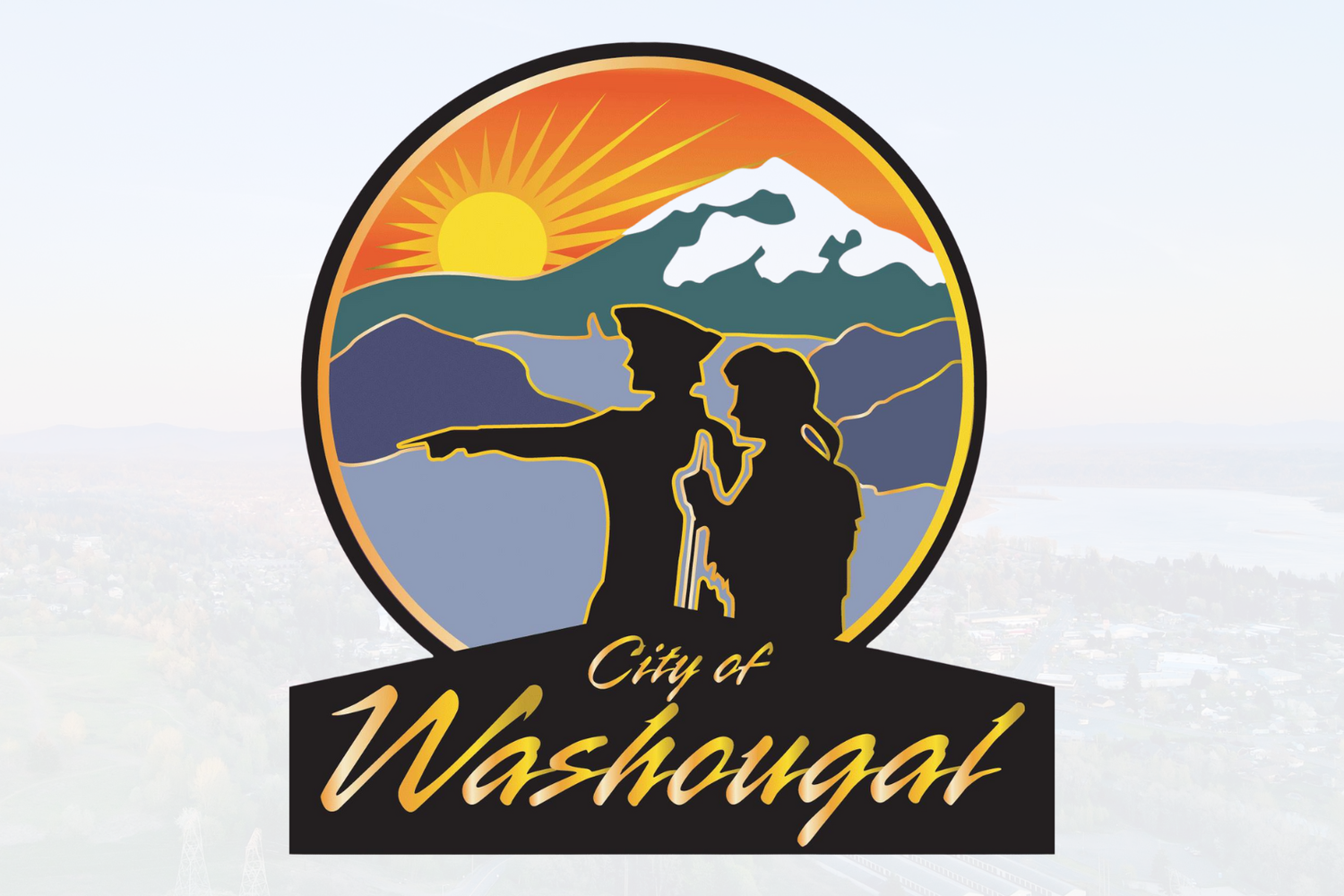
Mayor David Stuebe
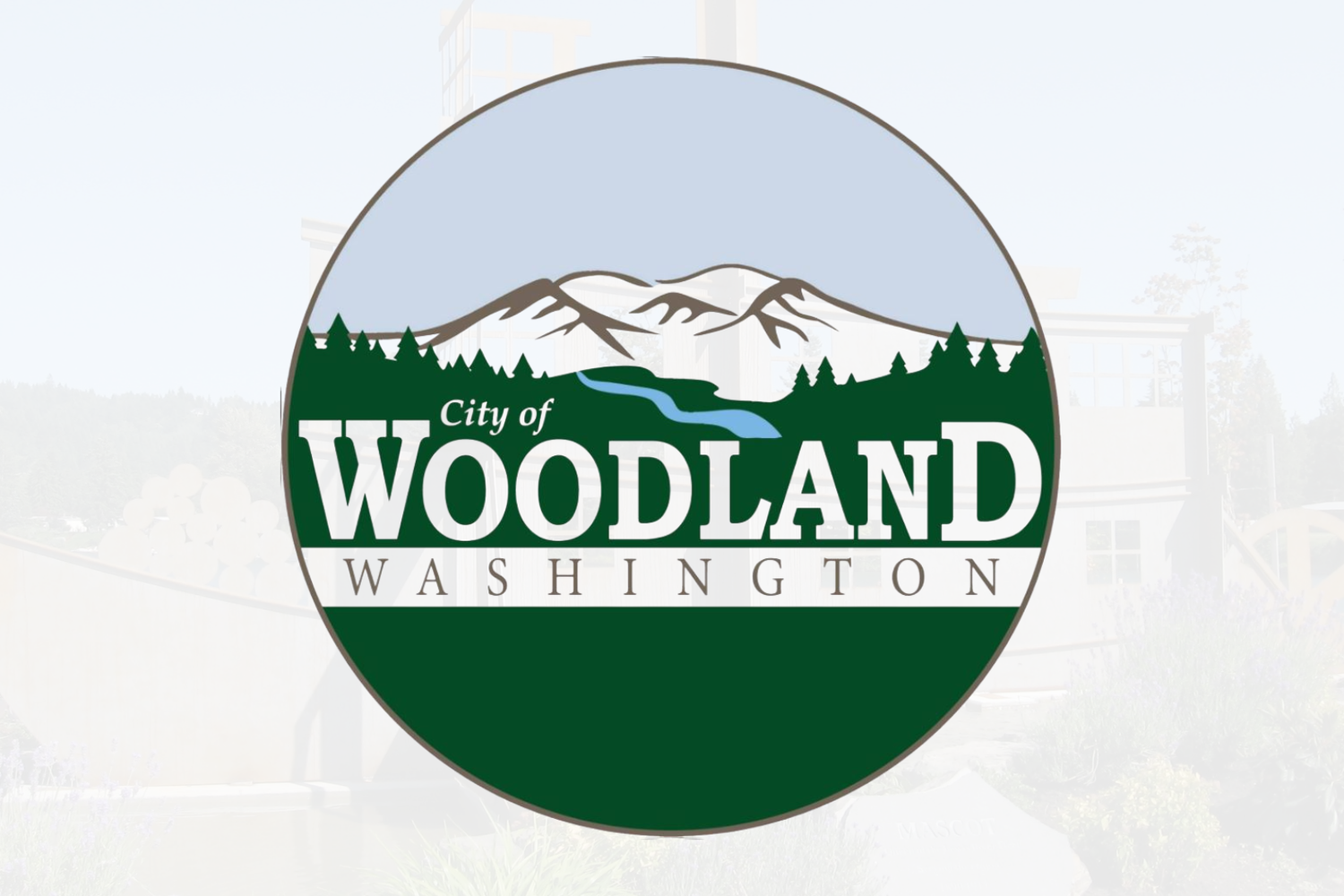
Mayor Todd Dinehart
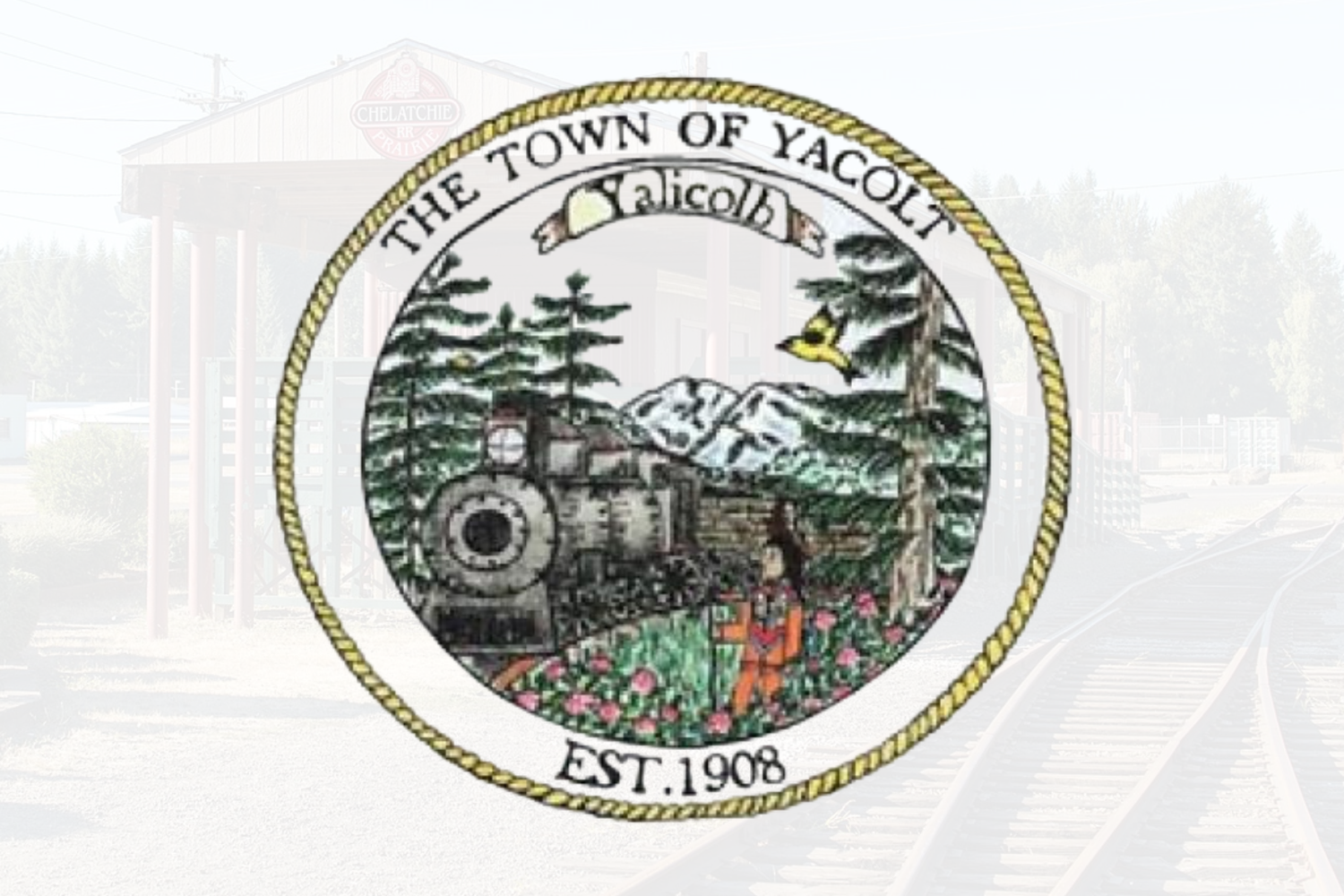
Mayor Ian Shealy
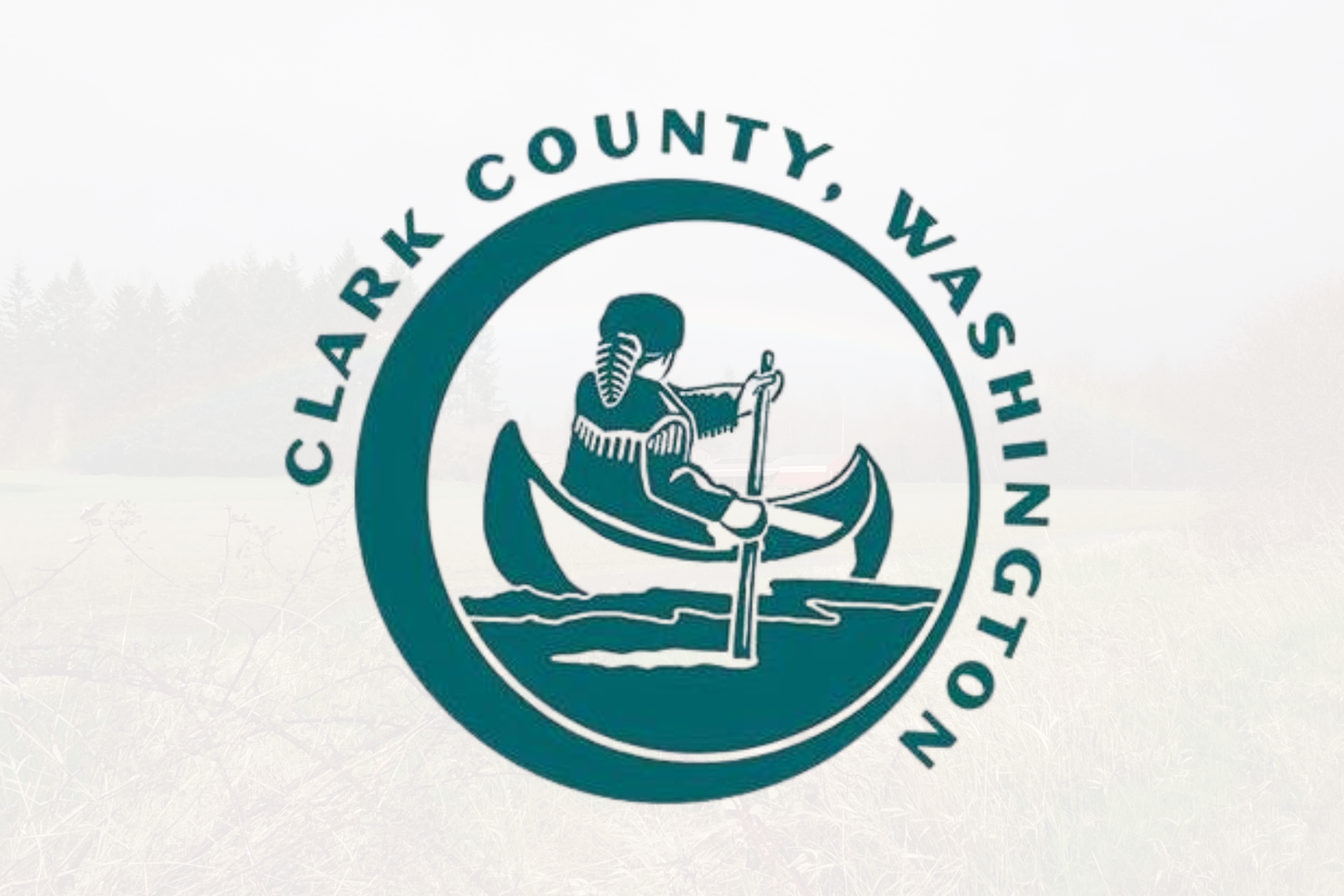
Chair Sue Marshall